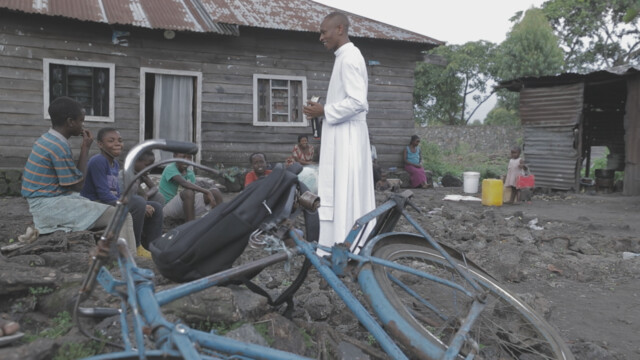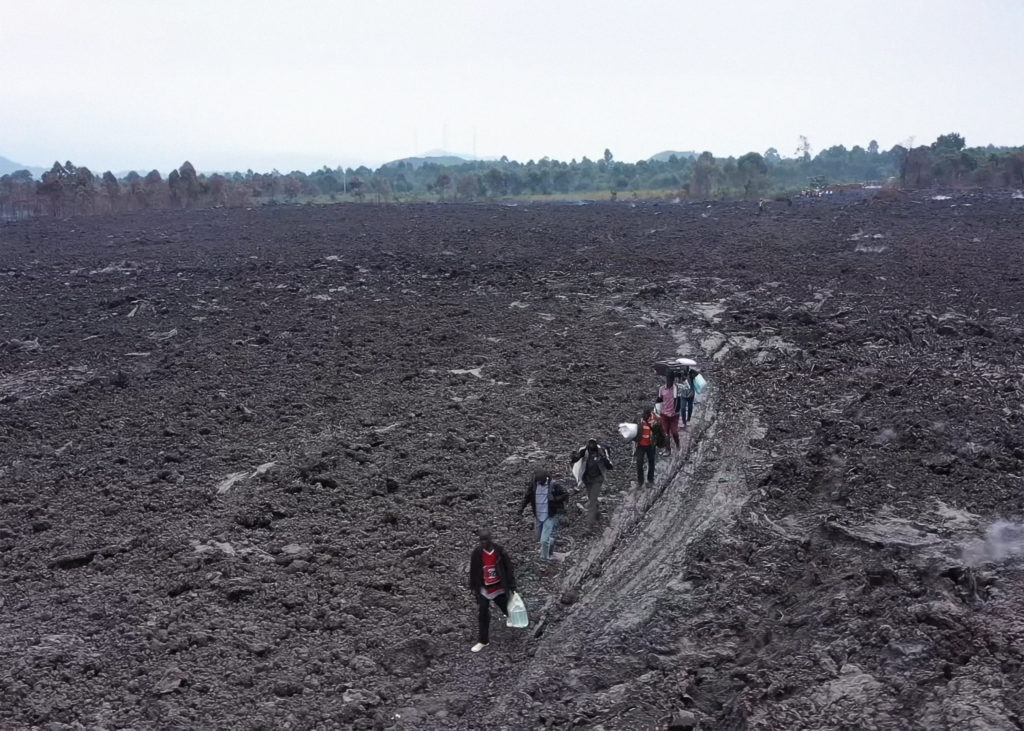Democratic Republic of the Congo
The Democratic Republic of Congo is four times the size of France in area and has a wealth of mineral resources, including gold, diamonds, ores and oil. Even so, a large segment of the country’s 89.5 million inhabitants lives in deep poverty. Several parts of the country are scenes of armed conflicts involving continually changing rebel groups – including Islamist terrorist militias. The Church stands by the suffering population in this crisis and raises its voice against the government’s inaction.

According to human rights organisations, the longest-running crisis in Africa is taking place in eastern Congo. The situation is particularly dramatic in the province of Kivu, which has been plagued by radical Islamic militias and criminal gangs. It is estimated that there are now thousands dead, three million internally displaced persons and at least 7,500 abducted persons. Among the latter are Church representatives. One of them was Sister Francine, who was abducted in Goma on 8 July, but was fortunately released a week later. On 8 April, the Congolese Bishops’ Conference published a communiqué in which it called on political representatives to take action. The bishops particularly deplore the absence of any state authority.
We have been experiencing the Stations of the Cross for years.
Bishop Melchisédech Sikuli Paluku of Butembo-Beni

The situation of the Church in Congo
The Church representatives in the Democratic Republic of Congo are concerned about the increasing Islamisation of the region and the numbers of new mosques being built. People who fall into the hands of Islamist terrorists are often forced to convert to Islam under threat of death. Despite all these challenges, the number of priestly vocations is encouragingly high. ACN regularly supports numerous projects in the east of the Democratic Republic of Congo, especially to promote priestly formation and for the benefit of sisters who assist the often traumatised people.

In addition, our foundation launched an emergency aid programme to care for families who were particularly badly affected by the eruption of the Mount Nyiragongo volcano near the megacity of Goma on 22 May 2021. The John Paul II Seminary with its 29 seminarians also had to be evacuated.